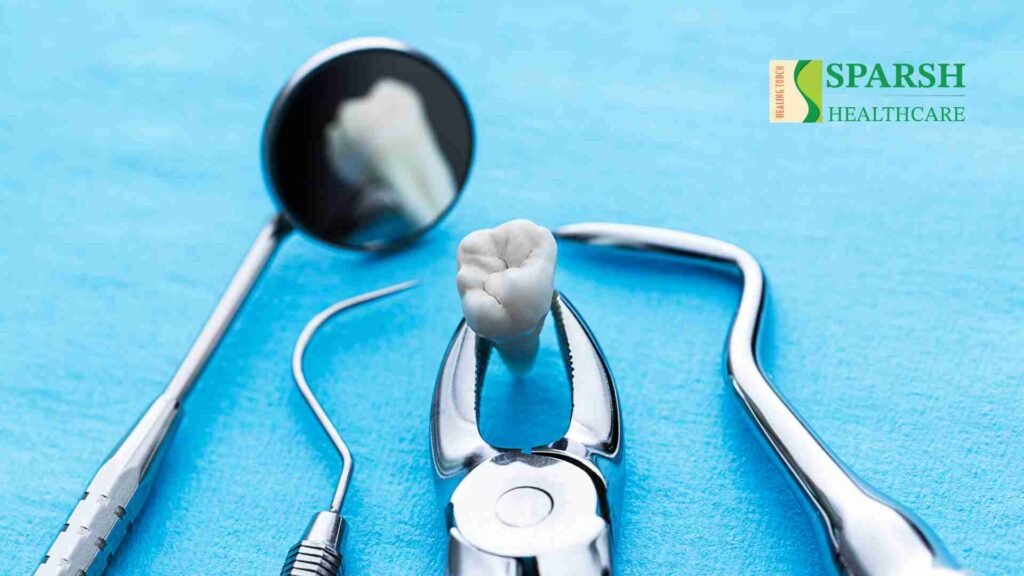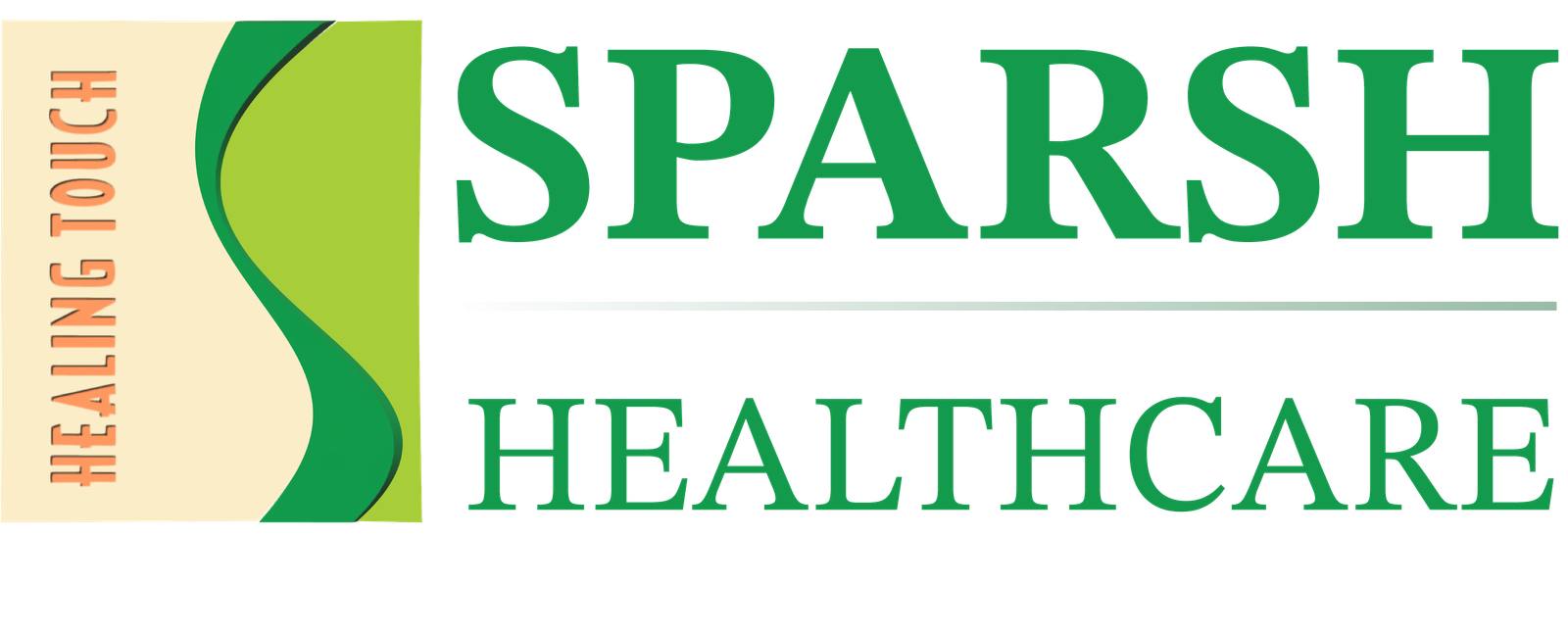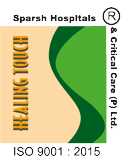UNDERSTANDING DENTISTRY

Dentistry is a dental and medical specialty focused on the diagnosis, prevention, management and treatment of diseases, disorders and conditions related to mouth, teeth and gums. This field encompasses a wide range of conditions affecting the teeth, gums, mouth, craniofacial complex including the temporomandibular joint. The practitioner is called a Dentist.
WHAT ARE THE SIGNS AND SYMPTOMS OF DENTAL DISEASES?
Signs and symptoms that may include the need for dental evaluation include:
1. Pain or swelling in mouth, teeth, face or neck.
2. Bleeding or receding gums.
3. Cavities or food impaction between the teeth.
4. Bad smell, dry mouth, metallic taste in mouth or burning sensation in mouth.
5. Sensitivity in teeth due to cold, hot, sweet or sour food.
6. Loose, fractured, chipped, crooked or impacted tooth in mouth.
7. Painful ulcers and sores in mouth or symptoms of oral cancer.
8. Dental abscess.
9. Difficulty in chewing, change in bite or movement of tooth.
CAUSES OF DENTAL PROBLEM:
Dental problems can be caused by various reasons, including:
* Plaque formation– when not removed on regular basis, often turning into tartar which is crusty deposit on teeth known as calculus.
* Poor oral hygiene– not brushing the teeth regularly between meals can cause acid attack due to bacteria and irreparable damage to teeth.
* Chronic Dry Mouth– Saliva is a line of defense against cavities. Less salivation can increase the chance of dental problems.
* Poor diet– frequent snacking, more intake of sugary, sticky, starchy, acidic and alcoholic food and beverages and intake of less fibre in food.
* Smoking and Tobacco usage– tobacco in any form raises the risk of severe gum disease and damage to the teeth and lining of mouth as well. Weakens the immune system and can causes cancer.
* Underlying medical conditions– Hormonal changes in body like diabetes, pregnancy, puberty, menopause, thyroid disorder, radiation or chemotherapy during cancer treatment and many other diseases increases the chance of dental diseases.
COMMON DIAGNOSTIC TOOLS IN DENTISTRY:
Several diagnostic tests are used to evaluate dental problems-
1. Taking complete record of the dental and medical history of patient.
2. Examination of intraoral (hard tissue, soft tissue, specific tooth test through percussion, palpation, mobility) and extraoral (head and neck soft tissue including TMJ and lymph node, facial asymmetry, any swelling, presence of sinus tract) region.
3. Pulp sensitivity test- heat test, cold test, electric pulp test.
4. Radiographs- Intraoral periapical radiographs (IOPA 2 D X –RAY), OPG , Lateral Cephalograph (3D x- ray) and Bite –Wing radiograph for detection of caries, any abnormality, impacted tooth, any pathology, relation of teeth, bite of patient, bone loss, TMJ dysfunctions, salivary stones, carcinoma and many other aspects of jaw.
5. Imaging- CBCT- cone beam computed tomography and ultrasound for diagnosis and treatment planning of implants, root canal treatments, in orthodontics treatment planning, determining bone thickness and detection of any pathology.
6. Transillumination- fiber-optic transillumination for detection of caries and demineralized part of tooth.
7. OrthoCAD- this technology is used for digital study model collection and evaluation using a optical digital scanner for filming the teeth model’s picture for orthodontic treatment and for fabrication of prosthesis.
8. Biopsy- removing a small tissue for laboratory analysis for detection of cancerous lesions and any other type of abnormal tissue.
HOW TO PREVENT DENTAL PROBLEMS:
Good news is that dental problems are preventable, some measures can reduce the risk:
1. Hygiene and oral health- Good oral hygiene maintenance can prevent most of the dental problems by brushing the teeth regularly twice daily with a fluoridated toothpaste.
2. Flossing and interdental cleaning- Flossing and interdental cleaning atleast once daily to remove the plaque and food particles stuck in between the teeth.
3. Cleaning of tongue- Cleaning of tongue can keep the bacteria and bad breath at a bay.
4. Replace your toothbrush- change your toothbrush every 3 months, or sooner if the bristles are frayed.
5. Limit some foods- Limit intake of sugary, starchy, sticky, acidic and alcoholic food.
6. Healthy food build healthy teeth- Foods rich in Calcium like milk, cheese and leafy greens help to keep the teeth strong. Crunchy and fibrous fruits and vegetables can act like a natural toothbrush.
7. Adequate hydration- Hydration improve oral health and helps in rinsing away bacterias and food particles.
8. Regular dental checkups – Visit your Dentist regularly for professional cleaning, early detection of problems, fluoride treatment, for need of dental sealants if necessary to prevent cavities and tooth damage.
9. Limit or quit tobacco and alcohol- By quitting tobacco and alcohol one can reduce the risk of cancers and any other dental problems.
10. Lifestyle and dental health- By maintaining good lifestyle can reduce the stress which in turn helps in reducing the dental problems.
WHAT ARE THE COMMON PROCEDURES PERFORMED BY THE DENTIST:
Dentist perform various procedures to prevent and treat dental problems, including:
1. Teeth cleaning– Also known as scaling and root planning it helps to keep your teeth healthy, shiny and strong. Your own toothbrush will never be as efficient as the tool a dentist uses to clean the teeth.
2. Fillings and bonding- fillings can be done to restore the cavitated tooth and bonding is done to repair the chipped and damaged tooth.
Root Canal Therapy- This treatment is done to remove dead and infected tissues inside the tooth to get rid of infection. By this treatment we can save the tooth from extraction.
3. Dental crowns and bridges- If the cavity is too big or top part of tooth is damaged then crown is the only solution. It is also given on tooth after RCT. Bridges are done to replace the missing tooth in between by taking the support of adjacent tooth.
4. Dental Implants- Implant is made of Titanium, which is a biocompatible material, which integrates with the jaw bone. Dental prosthesis is attached to the implant. It is placed to replace the missing tooth.
5. Extractions– Extractions are performed when the tooth is damaged or infected beyond repair. It can simple or complicated, depending on the location and condition of tooth.
6. Veneers- It is a thin covering placed over the front section of tooth or sets of teeth for correctional purposes for crooked tooth, filling gaps and to correct discoloration of teeth.
7. Teeth Whitening- Bleaching is effective, quicker and safer way of whitening because it is performed by professionals.
8. Braces/ Invisalign- Braces are used to straighten and aligning of teeth. Invisalign does the same job in less visible, very effective way to achieve the same goal.
9. Dentures- They are meant to replace teeth in a natural way, and they are typically removable. In the end, it is worth it to have a full set of working teeth again.
10. Gum Surgeries– These kind of surgeries are performed for Gums Reshaping and Reconturing, sometimes used to save the periodontally weakend teeth in the mouth.
11. Dental Jewels- Dental jewel, is basically a gem, a rhinestone, or a crystal, that’s put on to a tooth of your choice with an adhesive cement without damaging the enamel.
12. Sealants and fluoride treatment- Sealants are used to protect the tooth from decay. Fluoride treatment help to prevent cavities by making the teeth more resistant to acid attack.
13. Oral cancer exams- Early detection is a key to successful treatment. Oral cancer screening is performed in high risk group patients.
WHY SHOULD I SEE A DENTIST:
Seeing a Dentist can provide numerous benefits-
1. Specialized Expertise- Dentists have extensive training and experience in diagnosing and treating dental problems.
2. Comprehensive Care- They provide a comprehensive approach to managing dental conditions, including treating the damaged teeth, replacement of missing teeth and surgeries when necessary.
3. Early detection and treatment- Early intervention can prevent infections, complications and improve outcomes of many dental problems.
4. Personalized treatment plans-Tailored treatment plans to address each patient’s unique need and goals.
5. Expertise in Aesthetics and Functionality- Specialized knowledge in enhancing the aesthetics, smile, profile and function of teeth.
6. Multidisciplinary Care- They often work with a team of Oncologists, Radiologists and other specialities to provide comprehensive treatment for cancer patients.
7. Consulting a Dentist can help you address dental problems effectively and improve your overall oral health and quality of life.

